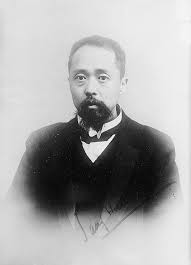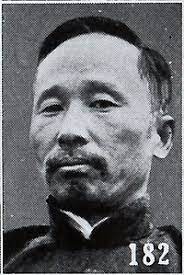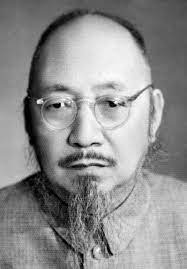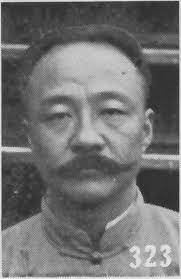Hsieh Ch'ih (18 January 1876-16 April 1939), anti-Manchu revolutionary and official in Sun Yat-sen's Canton government, was a member of the first Central Supervisory Committee of the Kuomintang. He became associated with the Western Hills faction of the Kuomintang and participated in the so-called enlarged conference movement of 1930. Born into a merchant family in […]












